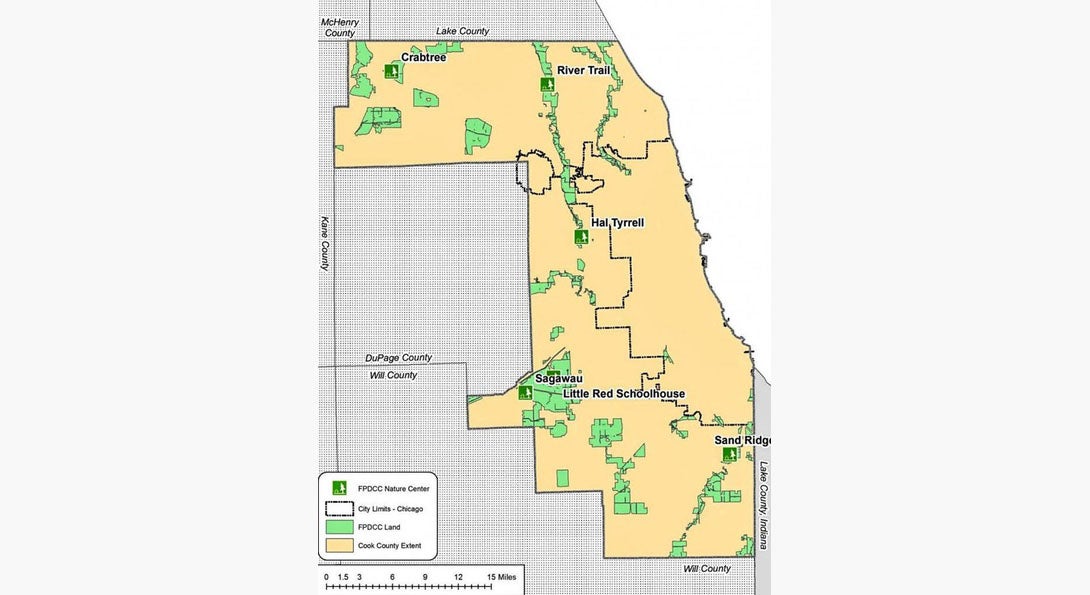Research Project
Public Transit to Public Lands: The Nature Express

This study focuses on creating a hypothetical public transportation option to reaching a leisure destination in a large metro area to highlight the adequacy of the existing transit network in catering to the needs of disadvantaged population groups.
- Principal Investigator
- Sriraj, P.S.
- Research Area(s)
- Data Development
- Mobility
- Paratransit
- Transit
- Funding Source
- IDOT/METSI and Center for Urban Transportation Research (CUTR)
Abstract
Access to leisure destinations by public transportation has not been studied in great detail, at least in the United States. The Northeastern Illinois region with the City of Chicago (in Cook County) is home to the third-largest public transportation system in the country. The transit network is well connected and serves the traditional commute and other associated trips in an adequate manner. However, access by public transportation to leisure activities and destinations has not been studied extensively. Researchers worked with the Forest Preserve District of Cook County to identify a hypothetical public transportation option that would allow Environmental Justice and Transit Dependent residents of Cook County to visit one of FPDCC’s six nature centers. Environmental Justice stems from Executive Order 1294, signed in 1994, and states that any action in the transportation domain should not disadvantage: 1) racial minorities or blacks, 2) ethnic minorities, 3) low-income or economic minorities. The demographic factors included for Transit Dependent consideration in this analysis are age (less than 18, and greater than 65), poverty level, auto ownership (zero car households), and mode to work (public transit). Download the "Public Transit to Public Lands: The Nature Express" study.